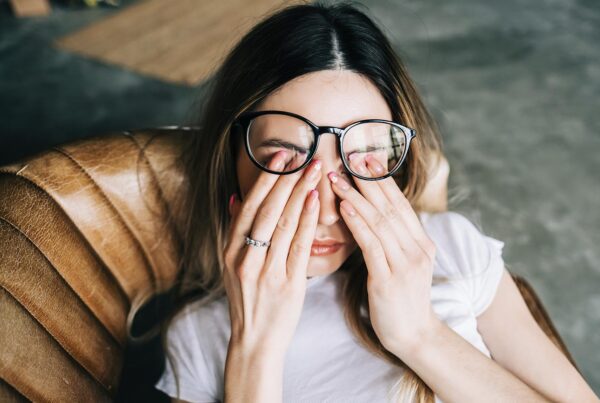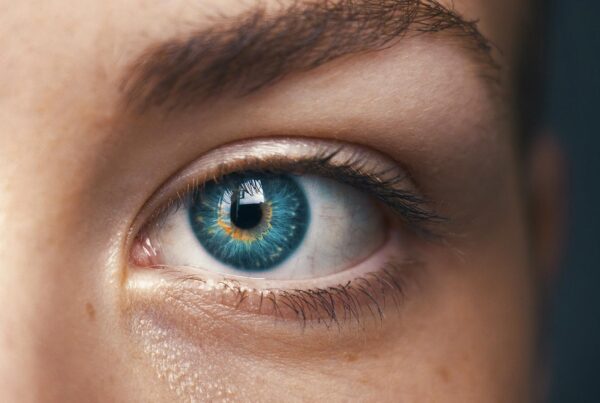Sunglasses
Shield Your Sight: Experience the Ultimate Eye Protection with Our Premium Sunglasses at Eye Center of Ephraim.
We’re committed to your long-term eye health. Our expert optometrists use the latest technology and research to provide personalized eye care solutions, ensuring you receive the best protection today to prevent eye health issues tomorrow. Our carefully selected sunglasses elevate your style and provide critical defense against harmful UV rays, safeguarding your vision.
Why Protect Your Eyes with Sunglasses?
Sunglasses are not just a fashion statement—they’re vital for protecting your eyes from the harmful effects of the sun. Prolonged exposure to the sun’s UV rays can lead to severe eye damage.
Importance of Preventative Measures
Preventative care is the best way to ensure long-term eye health. Wearing quality sunglasses that offer 100% UV protection is essential. They protect your eyes from immediate discomfort and prevent long-term damage.
How Quality Sunglasses Protect Your Eyes
Preventative care is the best way to ensure long-term eye health. Wearing quality sunglasses that offer 100% UV protection is essential. They protect your eyes from immediate discomfort and prevent long-term damage.
Types of Eye Damage Caused by the Sun
Exposure to ultraviolet light can increase the risk of several eye diseases, including:
- Cataracts: Clouding of the eye’s lens that can lead to blurred vision.
- Macular Degeneration: Deterioration of the part of the retina responsible for clear central vision.
- Pterygium: Growth of pink, fleshy tissue on the white of the eye, which can cause astigmatism.
Who Is Affected?
Everyone is at risk from UV exposure, but the risk increases with spending extended time outdoors, living in high-altitude climates, or having certain eye conditions that require special attention to light protection.
Symptoms of Eye Damage from Sun Exposure
Symptoms can include blurred vision, irritation, redness, and, in severe cases, temporary vision loss. However, many effects of UV damage are gradual and go unnoticed until severe damage has occurred.
Frequently Asked Questions
Why is it necessary to wear sunglasses?
Sunglasses protect your eyes from harmful UV rays, which can cause long-term damage to your vision. They help prevent cataracts, macular degeneration, and other sun-related eye problems.
Can sunglasses really help prevent eye diseases?
Yes, high-quality sunglasses with 100% UV protection can significantly reduce the risk of eye diseases caused by UV exposure. They block harmful rays that contribute to eye deterioration over time.
Are all sunglasses equally protective against UV rays?
Not all sunglasses offer the same level of UV protection. To ensure maximum eye safety, it’s crucial to choose sunglasses that provide 100% UVA and UVB protection.
How often should I wear my sunglasses?
You should wear sunglasses outdoors during the day, even on cloudy days, as UV rays can penetrate clouds and cause eye damage.
What should I look for when choosing sunglasses?
Look for sunglasses that block 100% of UV rays and a significant amount of visible light. Ensure they fit well and cover your eyes thoroughly. Polarized lenses can also be beneficial as they reduce glare, making it easier to see in bright conditions.




